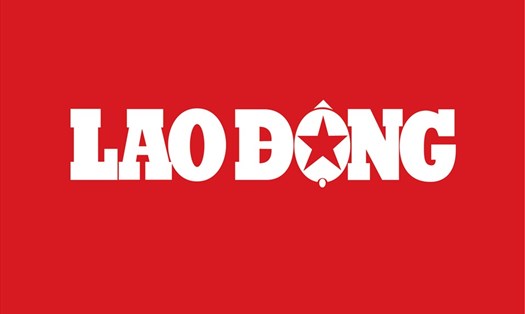Where are the grains going?
Russian President Vladimir Putin called the situation with the " grain deal" a deception of the West in his speech at the Eastern Economic Forum in Vladivostok.
Russia's permanent representative to the United Nations Vasily Nebenzya had previously said that Russia would withdraw from the " grain deal" because Russia's food and fertilizer exports were not guaranteed. The diplomat explained that the deal would expire in November and would be extended if everything went smoothly.
According to him, no Russian ship has yet taken the grain out of Russian ports for export. Meanwhile, 345 million people in the world are facing food insecurity, 2.5 times higher than in 2019.
Mr. Vladimir Putin reiterated his promise to ensure the interests of the poorest countries and facilitate Ukraine's grain exports. This has been supported by the United Nations, the European Union and the United States. However, as the Russian president emphasized, "in reality, all grains exported from Ukraine are not sent to the developing and poorest countries, but to the EU countries".
President Vladimir Putin stressed that only 3% of the grain is sent to developing countries and with this approach, food problems will increase and this could lead to a humanitarian disaster. He suggested that it is necessary to think about limiting grain exports from Ukraine to Europe.
C release Agreement
In July, two documents signed in Istanbul on July 22 showed the United Nations' commitments to lift restrictions on Russian agricultural and fertilizer exports to the world market, and, on the other hand, determined the target for the export of Ukrainian agricultural products from Ukrainian territory controlled by Kiev.
So why are the agreements of the grain agreement on Russian food and fertilizer, which the United Nations does not actually guarantee, not implemented?
Many people believe that the United Nations does not have leverage for the United States. The figures cited by President Putin on the increase in the starving population show that the United Nations cannot fulfill its obligations under the agreement between the Russian Federation and the United Nations.
Associate Professor MGIMO, Director of the European Information Center Nikolai Topornin, said that the main goal of the agreement is to export agricultural products of Ukraine, and was signed under the protection of the United Nations.
In fact, sanctions against Russia are not imposed by the United Nations but by European Union countries, the United States, Canada, the United Kingdom and other countries in the Western community. Therefore, the deal turns out not to allow Russia to get through the sanctions, allowing it to export its grains and fertilizers. Since the EU is not party to the treaty, the EU only said it would take a positive view of Russian exports, but its signature was not seen. It creates a legal space, when it is necessary to focus on goodwill and political declarations, but in reality, this is not effective. No concises have been made regarding Russian grains and fertilizers.
It should be noted that one of the conditions of the agreement is to lift the embargo on Russian food and fertilizers. But there are no EU documents or decisions to lift sanctions on Russian grains and fertilizers. Turkey intermediates between Russia and Ukraine on Ukrainian grains and others. Therefore, it does not mean that Russia automatically receives similar powers, even though the Russian side implicitly understands that sanctions will be lifted on their agricultural products.
What is the solution?
Perhaps Moscow needs to take some political and diplomatic steps and call on Paris, Berlin, Brussels to at least issue temporary licenses so that Russian grains can freely penetrate international markets.
What is the percentage of the possibility of Russia withdrawing from the "food deal" if the problem with Russian supply is not resolved in the near future? President Putin has now said he is waiting for a Western response to the statement. Because France and Germany are very interested in solving the problem, supporting this agreement, and supporting the efforts of the United Nations. If Mr. Putin's words are heard in Paris, Berlin, Brussels, the problem will be solved. Otherwise, Russia has one country that is to terminate the agreement.









